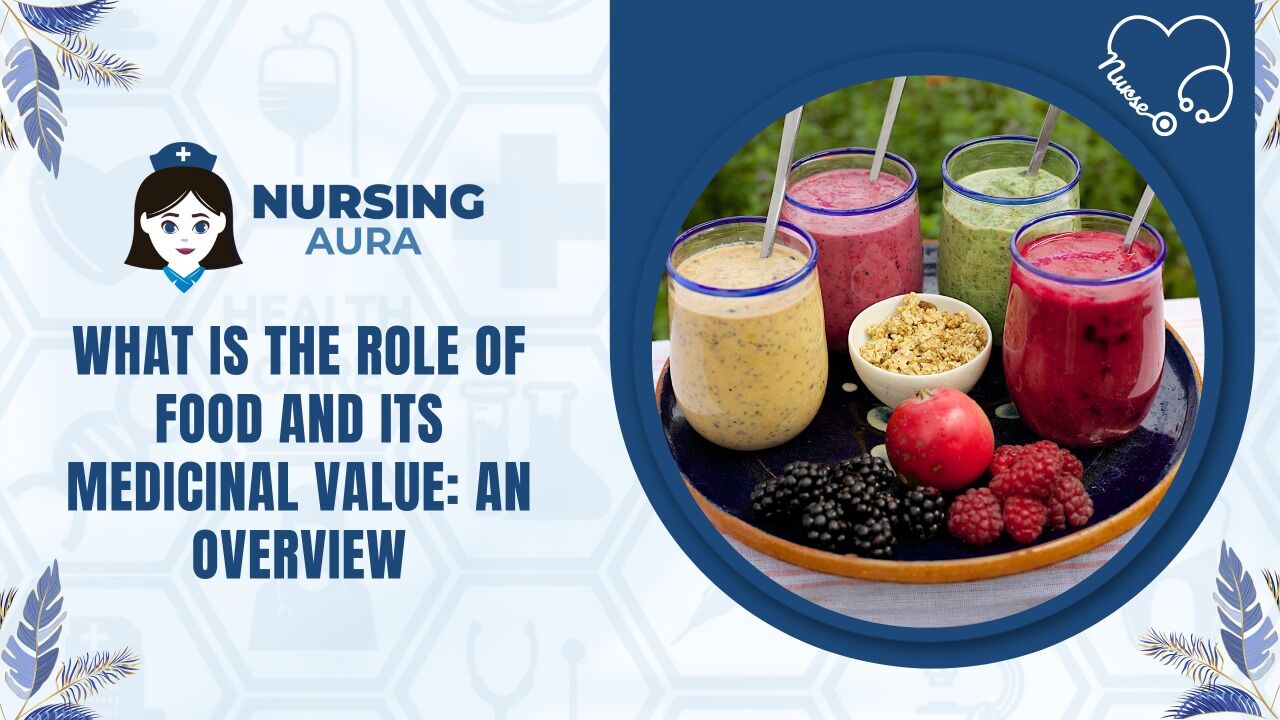The significance of food is important and indispensable. Food provides the nutrition and energy we need to grow and develop, be healthy, move, play, work, and think. Food types are closely associated to our physical, mental, and social health due to the fact that each food and liquid has certain nutrients, such as carbohydrates, protein, vitamins, minerals, and fats, that are crucial for our physical and mental growth. Role of Food and water are essential for sustaining life and fortifying the body, however a significant portion of the foods we consume lack nutritional value.
In contrast, they cause health issues such as diabetes and coronary disease. Thus, you should choose nutritious and high-quality food choices that provide the body with sufficient nutrients. Some food is obtained directly from plants; however, animals are sometimes used as sources of food that are obtained by feeding on plants.
Some food sources are not derived directly from animals or plants; rather, they are obtained from various edible fungus, especially mushrooms. Fungi and neighboring microorganisms are exploited in the creation of pickled and fermented food sources such as sourdough bread, drinks, cheese, pickles, etc.
A nutrition deficiency is a type of disease in which a lack of food or an excess of food causes body issues.
Inadequate nutrition coupled with the administration of pharmaceuticals leads to a variety of complications, such as drug buildup, microbial resistance development, etc.
This is due to the food’s enzyme-stimulating properties. Thus, digestive medications become more water-soluble and are excreted via urine. Food affords the body the ability to safely absorb a medicine and then utilize it following its activity.
Food As Medicine
How does food protect and nourish the body?
Role of numerous nutrients in food enhances health and defend the body against disease and infection.
It is essential to consume wholesome, nutrient-dense foods since their unique nutrients operate synergistically and cannot be replaced by supplements.
Vitamins and nutrients
Even though your body only requires small amounts of vitamins and minerals, they are essential to your health.
Vitamins and minerals are typically insufficient in Western diets, which are high in sources of processed foods and low in sources of whole foods such as fresh vegetables. These deficiencies can significantly increase your risk of disease.
For instance, a deficiency in vitamin C, vitamin D, and folate may harm your heart due to immune issues and raise your risk of various diseases.
Beneficial plant compounds
Vegetables, natural products, legumes, and grains, among other nutritious food sources, include numerous useful compounds, such as antioxidants.
Antioxidants protect cells from damage that may eventually lead to diseases.
Consider that those whose diets are rich in polyphenol antioxidants have decreased incidences of depression, diabetes, dementia, and cardiovascular disease.
Fiber
Fibers are an essential component of a healthy diet. It promotes proper digestion and elimination and nourishes the beneficial microorganisms in your body.
In this way, high-fibre foods such as vegetables, beans, grains, and natural products protect against infection, reduce inflammation, and boost immunity.
A diet low in fibre is associated with an increased risk of illnesses, including colon cancer and stroke.
Proteins and fats
Proteins and lipids are both essential food types that serve various functions in the body.
Amino acids, the building blocks of protein, aid in immunity, muscle strengthening, and digestion, while fats provide energy and aid in nutritional retention and absorption.
Omega-3 fatty acids, which are present in foods such as fish, assist decrease inflammation and are associated with additional cardiac and immune system improvement.
Conclusion
Sources of whole, nutritious foods contain more antioxidants, vitamins, minerals, fibre, protein, and fat, all of which enhance health and regulate body functions. A good food diet plays an important role in reducing the incidence of sickness.
The risk of illness can be reduced by consuming nutritious foods, while the converse is true for highly processed foods.
Diets heavy in sugary beverages, fast food, and refined grains are a major contributor to illnesses such as coronary heart disease, diabetes, and obesity. These processed food varieties influence the bacteria in your gut and promote insulin resistance, chronic inflammation, and overall health. A healthy food pattern protects an individual against illness. Other disease-preventing dietary practises include a plant-based, whole-food diet.
However, specific conditions may be reversed by specific eating regimes. For instance, a plant-based diet has been shown to reverse coronary heart disease, but an extremely low-carbohydrate diet may assist certain patients in eliminating type 2 diabetes.
Moreover, nutrient-dense diets, such as the Mediterranean diet, are associated with self-reported quality, personal satisfaction, and lower depression rates than normal Western diets, and may even increase your lifespan.
These findings indicate that active diets have the potential to serve as preventative medicine.

